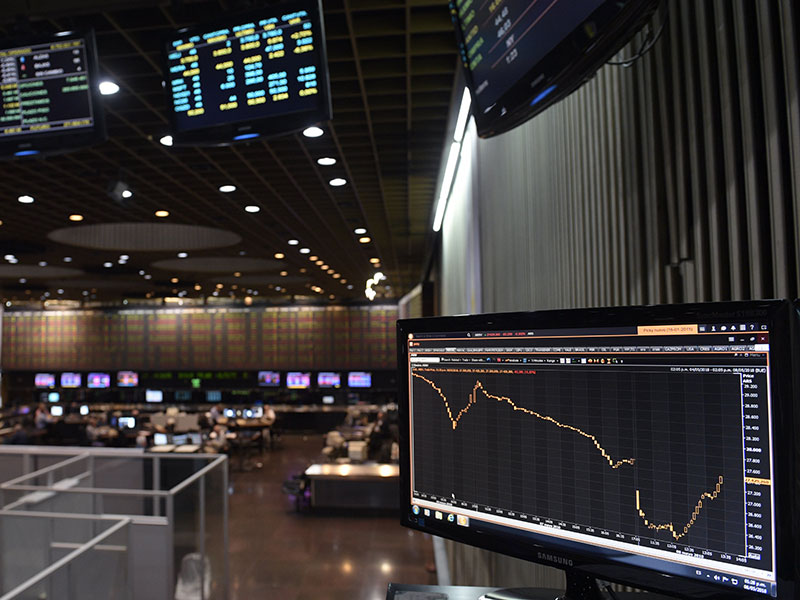
Top 5
For a trader to be successful, they need many attributes: research and analytical skills to monitor broad economic factors; concentration to focus in fast-moving environments; self-control to regulate their emotions when things are not going to plan; and accurate record keeping.
Gaining insight from an established broker can also be of great assistance, which is why World Finance spoke to Giles Coghlan, Chief Currency Analyst at HYCM, to learn what it takes to be a successful trader and what practices are best avoided.
Learn your lessons
Common mistakes that traders initially make include over-leveraging their investment, risking too much capital and desperately trying to win back earlier losses. The latter, known as ‘revenge trading’, encourages individuals to increase their risk before jumping in on any trade and often results in losing more money. It is important, therefore, to master the skill of conviction as a trader, because, as Coghlan said, “when you are convinced about your trade you should be able to hold it”.
The biggest lesson Coghlan has learnt from his life of trading is to “never over-leverage”. The Swiss National Bank’s surprise decision to unpeg the Swiss franc from the euro in 2015, for example, provided a great learning experience for any trader, demonstrating the importance of being prepared for all outcomes when trading.
Too much risk can lead traders to cash out profits prematurely, entering and exiting the market out of fear, rather than at the most beneficial moment
“The lesson was that unexpected events can, and do, occur in the markets – there are no ‘certain’ trades and no ‘sure-fire’ winners,” Coghlan explained. “Always expect the unexpected.”
Similarly, Coghlan emphasised that the idea of luck in trading is, in reality, more often the result of being prepared for all scenarios: “The way to manage unexpected price moves is to ensure that you have stop-loss and take-profit orders on every trade you place in the market and are, therefore, prepared for any scenario. I always tell traders to focus on their trading education – this is more integral to their success than Lady Luck.”
Choose wisely
When selecting a broker, individuals need to consider how regulated the broker is. Coghlan used the UK as an example: “Financial-Conduct-Authority-regulated brokers are backed by the UK Government, and so if the company were to ever collapse, the Financial Services Compensation Scheme would remunerate you up to a specific amount.” A trusted broker is not as likely to collapse, of course, but it is important to be aware of what provisions are in place should such an event occur.
More specifically, some individual traders have made an impression on Coghlan, leading him to believe inexperienced traders should heed their advice. “One trader I admire is Jarratt Davis,” Coghlan told World Finance. “I admire his ability to not only trade using fundamentals, but also his ability to explain that concept fully. From dealing with Jarratt, I admire his personality – he’s not only a great trader but also a great guy.”
For traders looking to improve, Coghlan recommends taking fewer risks. Too much risk can lead traders to cash out profits prematurely, entering and exiting the market out of fear, rather than at the most beneficial moment.
Of course, risk is unavoidable when it comes to investing. At HYCM, contract for difference (CFD) trades are always accompanied by a ‘high-risk investment warning’. CFDs are complex instruments and come with a high risk of losing money rapidly due to leverage – 67 percent of retail investor accounts lose money when trading CFDs with HYCM. Every investor should consider whether they have a full understanding of CFDs before they start trading.
“For me, a great trader is someone who manages risk and their emotions, and picks their moments carefully,” Coghlan said. “They responsibly manage and use their wealth not only for their own benefit but also for the good of those around them.”


